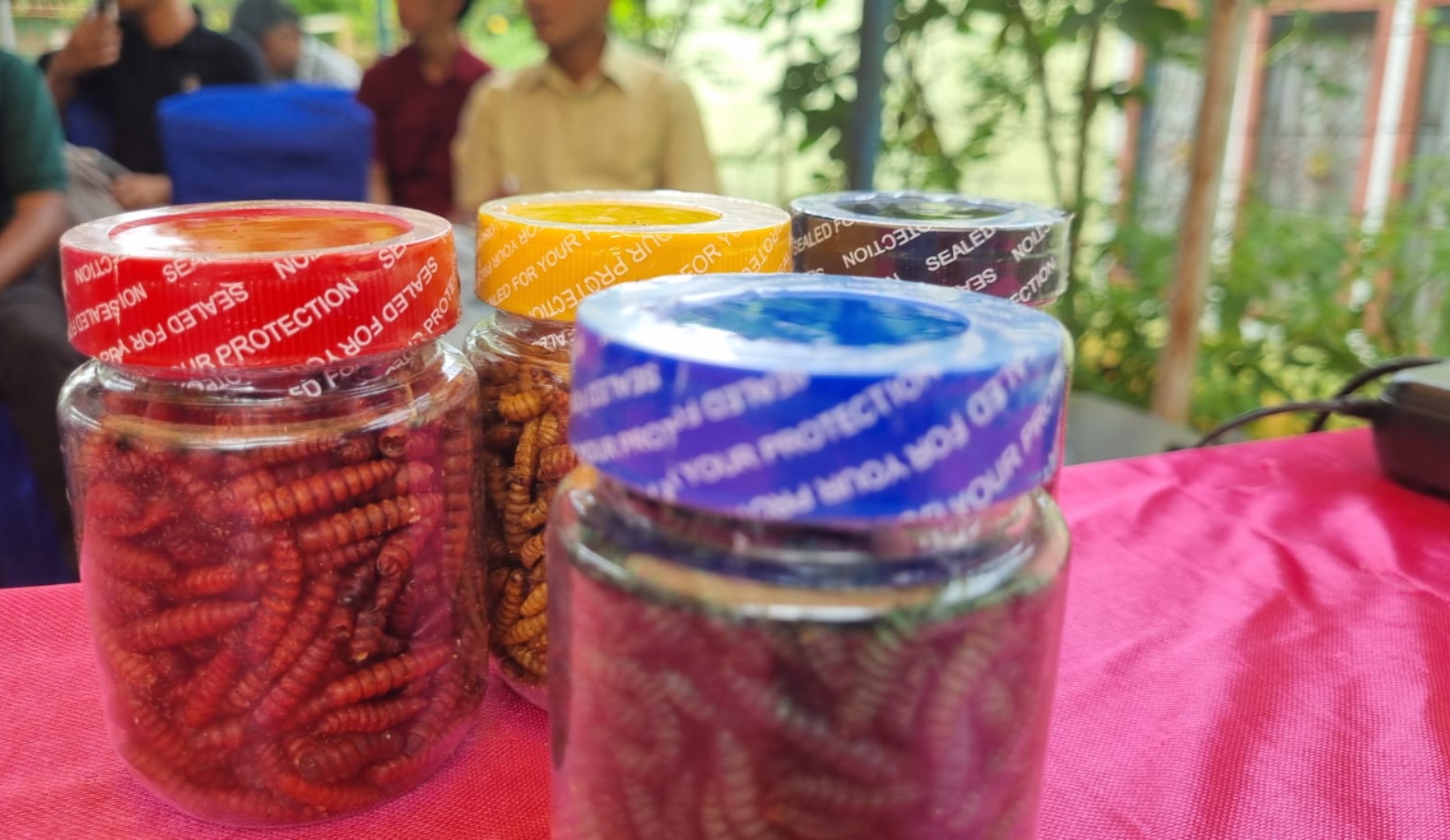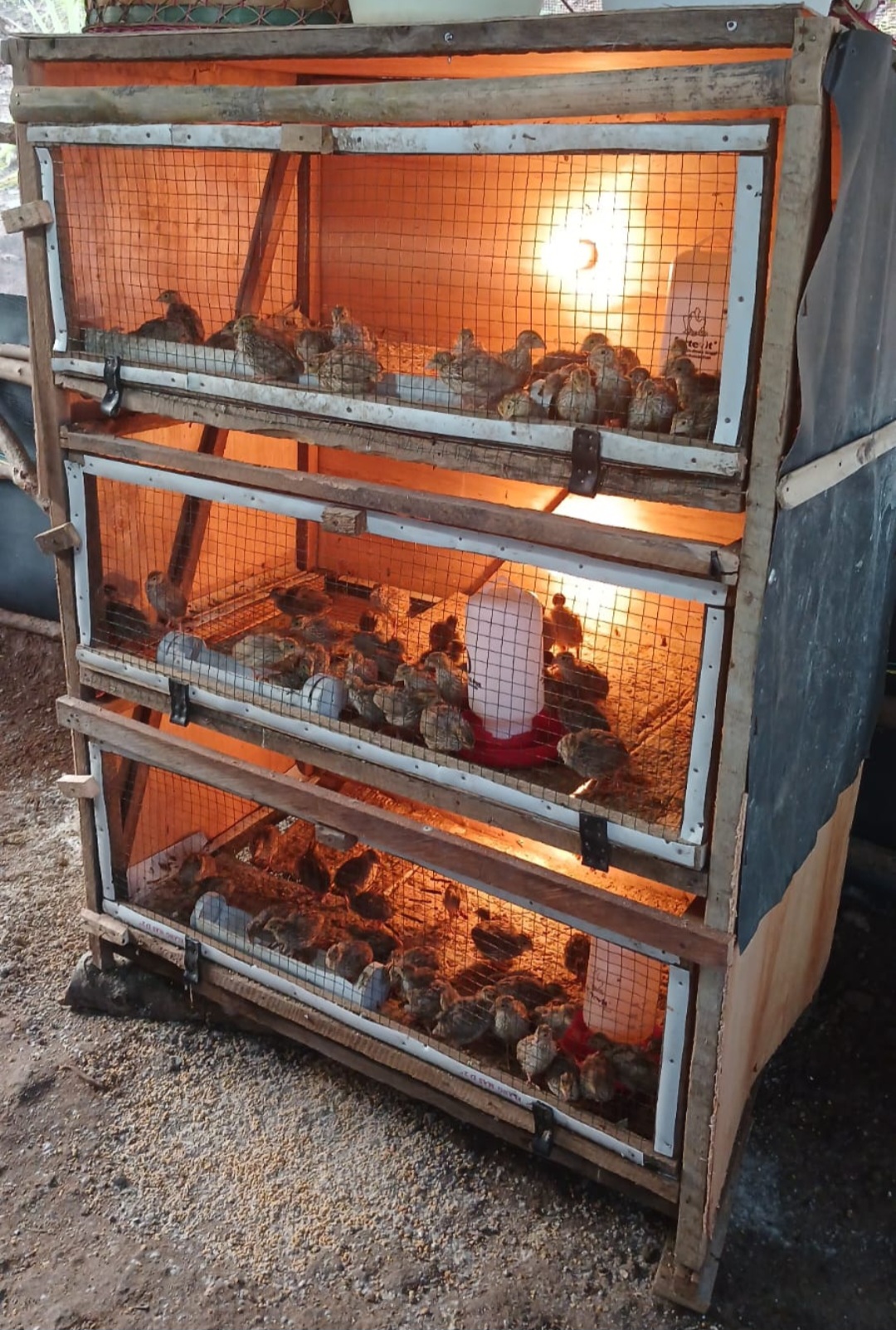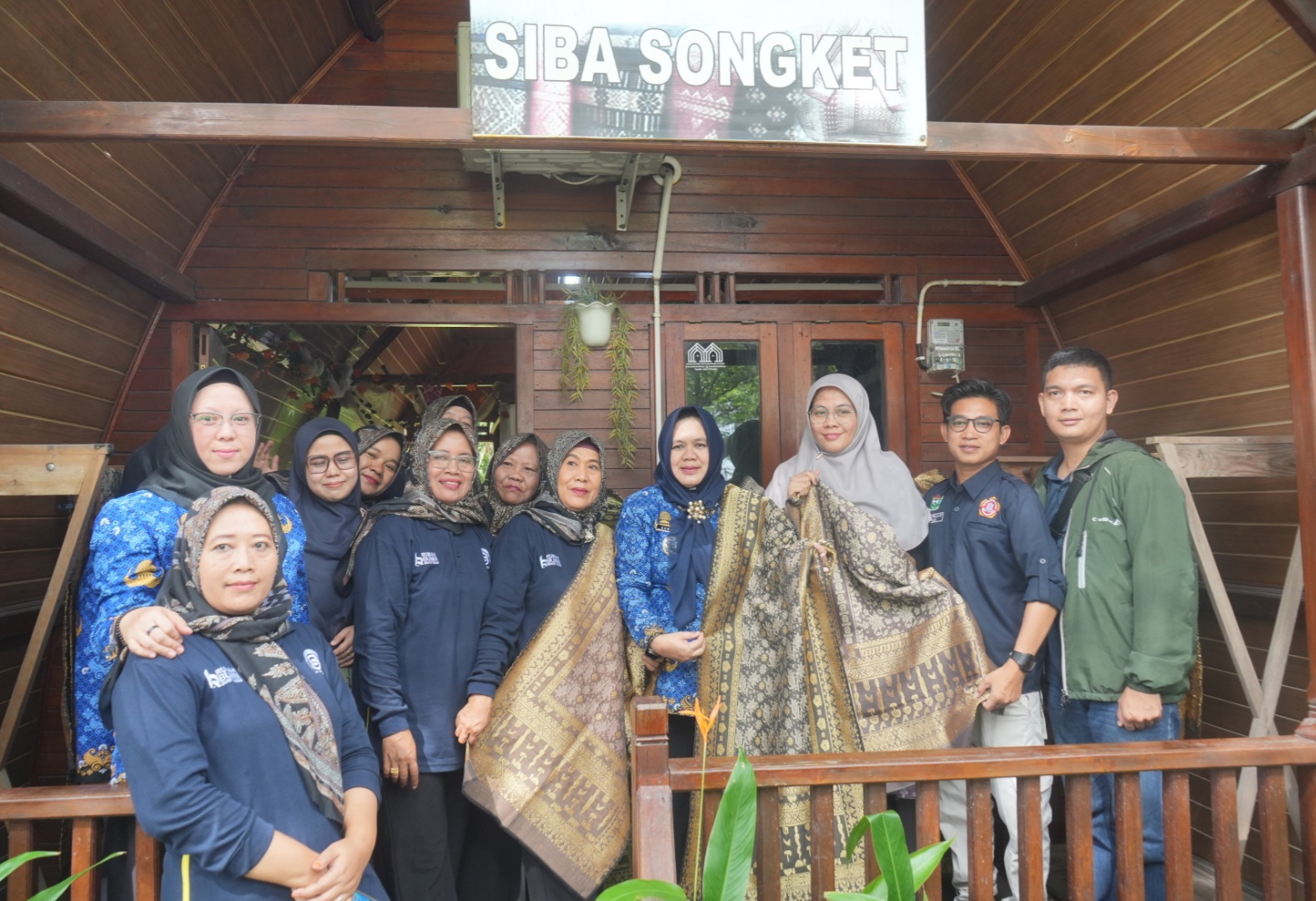 Maggots, the larvae of the Black Soldier Fly (BSF), offer a range of benefits—from waste decomposition and animal feed to medicinal uses—making them a promising business opportunity.
Maggots, the larvae of the Black Soldier Fly (BSF), offer a range of benefits—from waste decomposition and animal feed to medicinal uses—making them a promising business opportunity.Therefore, to support this potential, PT Bukit Asam Tbk (PTBA) conducted maggot cultivation and processing training for youth in Tanjung Agung Village, Muara Enim, on Thursday, April 17, 2025.
This training is part of the Integrated Economic Empowerment Transformation (PETI) program, which aims to create sustainable job alternatives for vulnerable groups around the company’s operational areas. It also promotes a circular economy driven by community empowerment.
“Maggots can be processed into animal feed, food ingredients, and even medicine. This presents a valuable opportunity to build a sustainable business," said Arie Romanov, a maggot cultivation expert from Magobox and a speaker at the training.
During the training, 10 young participants from Tanjung Agung Village were equipped with skills in raw material selection, cultivation management, and marketing strategies. The program also inspired local youth to take initiative to drive positive change.
"We don't want to just stand by as spectators. We want to be the change agents in our own village," said Ayi Ruslan, a young resident of Tanjung Agung Village.
The training was also attended by representatives from the village government, local schools, and culinary business owners in Tanjung Agung Village. They were ready to contribute organic waste to support the growth of maggot cultivation business.
Ayi believes that collaboration between youth, the government, the private sector, and PTBA is the key to successful village transformation. "This is just the beginning. We want Tanjung Agung to become a model of a self-reliant village that turns waste into gold," he said.
Maggot cultivation in Tanjung Agung Village is expected to serve as a model of community empowerment that can be replicated in other areas. The training participants will next receive continued support from PTBA, including access to markets and processing technology.
Rudi Hartono, Secretary of Tanjung Agung Village, stated that the development of maggot cultivation aligns with the village government's vision. "This addresses two key issues: waste reduction and food security. We will integrate this with other village programs," he concluded.








